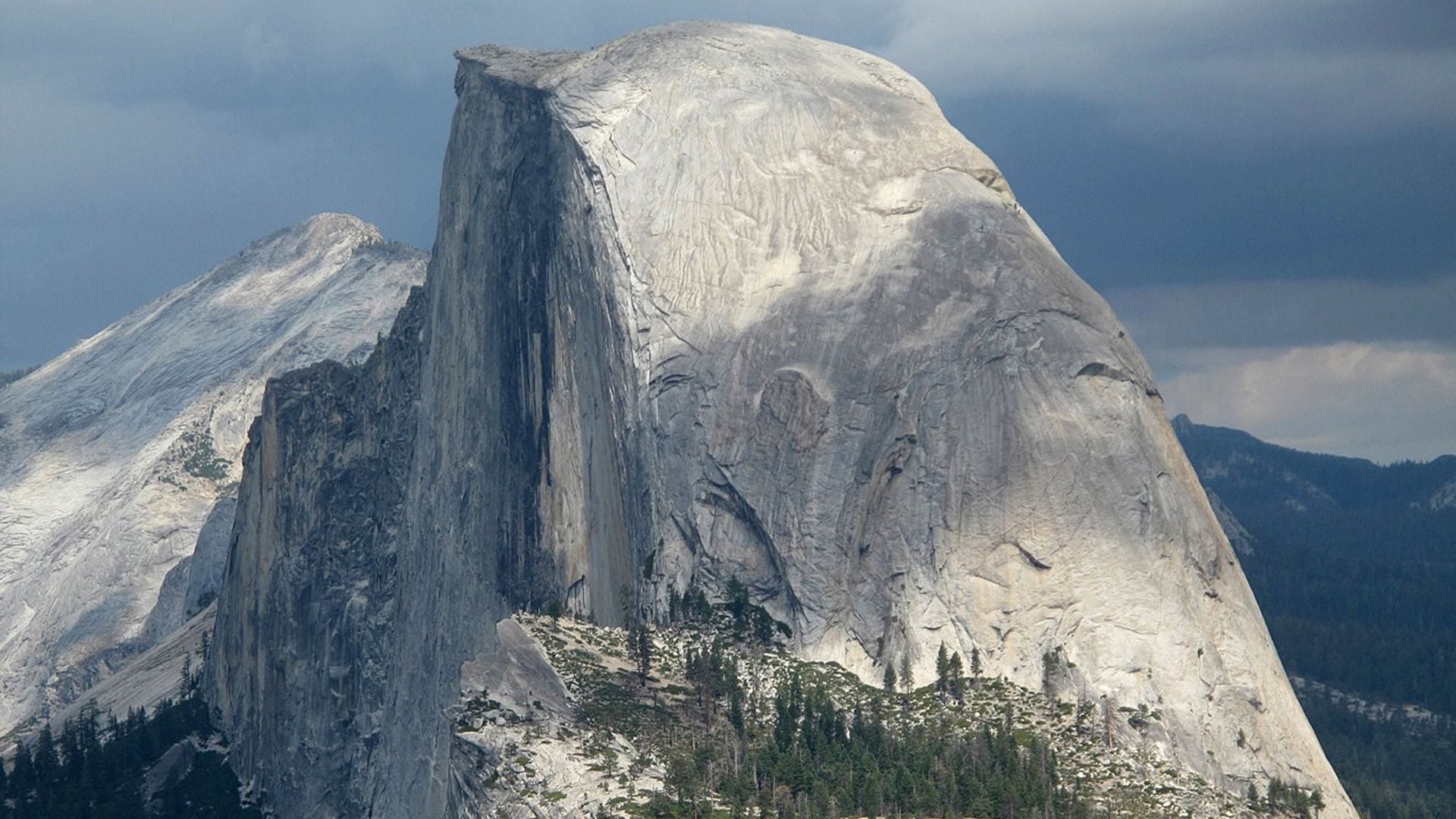There are roughly 27 tons of garbage in Yosemite thanks to the government shutdown
The US government shutdown has been a disaster for national parks.


The US government shutdown has been a disaster for national parks.
Due to the now nearly 12-day-old shutdown, the majority of national parks across the country have been forced to temporarily close their main offices. Contingency plans put into place a year ago (pdf) have enabled the parks to keep a small staff on the payroll, and stay open for visitors—but current staffing isn’t enough to handle visitors’ garbage and waste.
“It’s a free-for-all,” Dakota Snider, who lives and works in Yosemite Valley, in California’s Yosemite National Park, told the Associated Press. “There is more trash and human waste and disregard for the rules than I’ve seen in my four years living here.”
The parks’ skeleton crews have been unable to keep up with visitors, who are flocking to them in part because no one is around to collect entrance fees. (Fees vary, but are typically around $35 per vehicle for popular parks in the West, like Yosemite.) In particular, remaining staff have been unable to clean up restrooms, provide toilet paper, or remove garbage from parks.
No official numbers have been released on how much garbage has accumulated in parks, but by Quartz’ calculations, there are roughly 27 tons of garbage that have been brought to Yosemite National Park since the shutdown began. Previous park estimates have suggested that, annually, visitors to Yosemite generate 2,200 tons of garbage, although in spring of 2016, the park launched a program to try to divert 80% of that waste from landfills by 2017 (it’s unclear if that’s been successful). Between 2001 and 2016, there were an average of 118,889 visitors to Yosemite in December and 108,026 in January.
Based on those numbers, we can estimate that there were 45,321 visitors over the dates of the shutdown—38,351 people for the 10 shutdown days in December and 6,969 for the two so far in January—and that, on average, each visitor generated about a pound (half a kilogram) of waste per day. That leads to a total of 26.9 tons of garbage. However, given there has been a reported surge of visitors excited about the lack of fees, this number may be an underestimation.
And that’s to say nothing of the human waste. Without maintained bathrooms, many visitors have reportedly taken matters into their own hands. In Joshua Tree National Park in California, port-a-potties are getting dangerously full; it closed its campgrounds this afternoon (Jan. 2). Yosemite also officially closed some of its campgrounds and entrances due to human waste and garbage that have become health hazards.
“We’re afraid that we’re going to start seeing significant damage to the natural resources in parks and potentially to historic and other cultural artifacts,” John Garder, a senior budget director of the nonprofit National Parks Conservation Association, told the Associated Press. “We’re concerned there’ll be impacts to visitors’ safety.”
The House of Representatives, with a newly established Democratic majority, will vote on a bill that would reopen the government on Thursday; however, because it does not include funding for president Trump’s desired wall between the border of the US and Mexico, it may not pass the Republican-controlled Senate. And even if it does, it still needs to be signed by Trump, who has indicated that this is a hill he’s willing to die on.